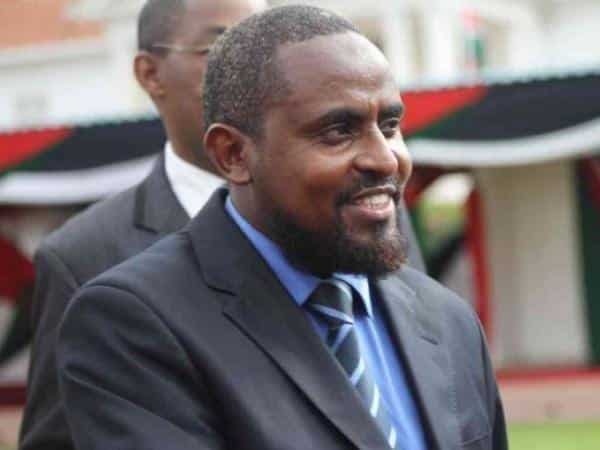

Former Kenyan presidential candidate Mohamed Abduba Dida is now a free man after he was released from prison in the United States. Dida served three years of a seven-year sentence.
According to his wife, Amina Liban, Dida was released on March 4, 2025, on parole and is now living in Minnesota and focused on rebuilding his life and reviving his charity work.
– Advertisement –
The story of Mohamed Abduba Dida’s release from U.S. prison speaks not only to the resilience of individuals but also to the complex realities of justice and freedom.
After years behind bars, Dida’s journey encapsulates the struggle against an unforgiving system and the hope that persists even in the darkest times.
Mohamed Abduba Dida Journey
– Advertisement –
Mohamed Abduba Dida is a Kenyan former teacher and politician who gained national attention as an unconventional presidential candidate in Kenya’s 2013 and 2017 general elections.
He ran under the Alliance for Real Change (ARC) party, a political movement he founded in 2010. Although his campaigns were not successful, Dida’s candidacy was notable for his focus on education reform and his candid, sometimes humorous, critiques of Kenya’s political elite.
In the 2013 election, Dida received 52,848 votes (0.43% of the total), and in 2017, he garnered 38,004 votes (0.25%) . Prior to his political involvement, he taught English Literature and Religion at Lenana School and Daadab Secondary School at the Dadaab refugee camp.
However, Dida’s life took a dramatic turn when he was convicted in the United States. In November 2022, he was sentenced to seven years in prison at the Big Muddy River Correctional Center in Illinois for two separate charges: stalking and transmitting threats, and aggravated stalking and violating a restraining order.
The offenses occurred in McLean County, Illinois, and he was expected to be eligible for parole in April 2025, with full discharge scheduled for April 2029.
While incarcerated, Dida filed a civil rights lawsuit alleging violations of his religious rights, claiming that prison officials obstructed his ability to practice Islam. He reported issues such as being denied access to daily prayers, inadequate space for prayer, and insufficient provisions during Ramadan.
Dida’s fall from a presidential hopeful to a convicted inmate has been a subject of public discussion, reflecting the complexities of his personal and political journey.










